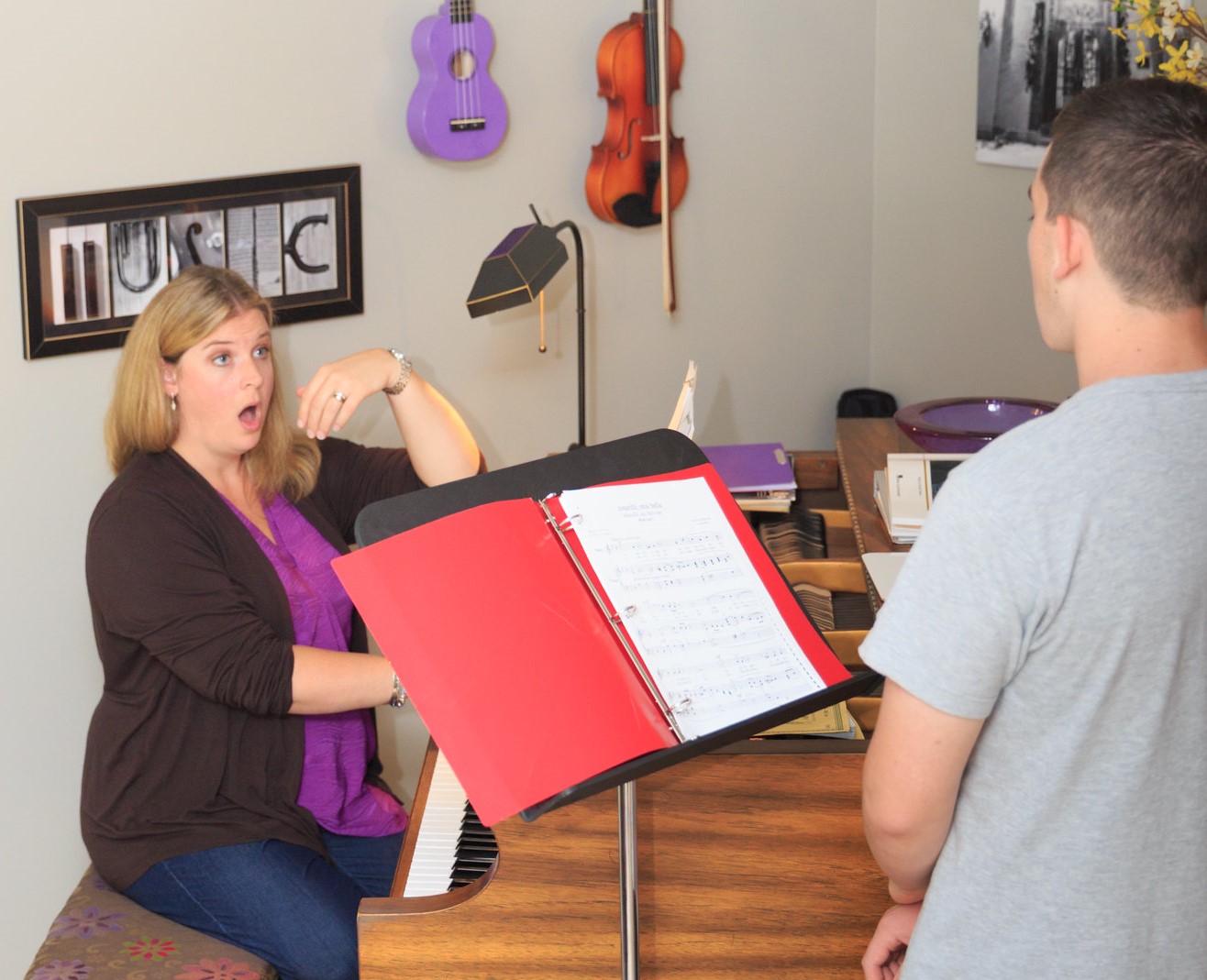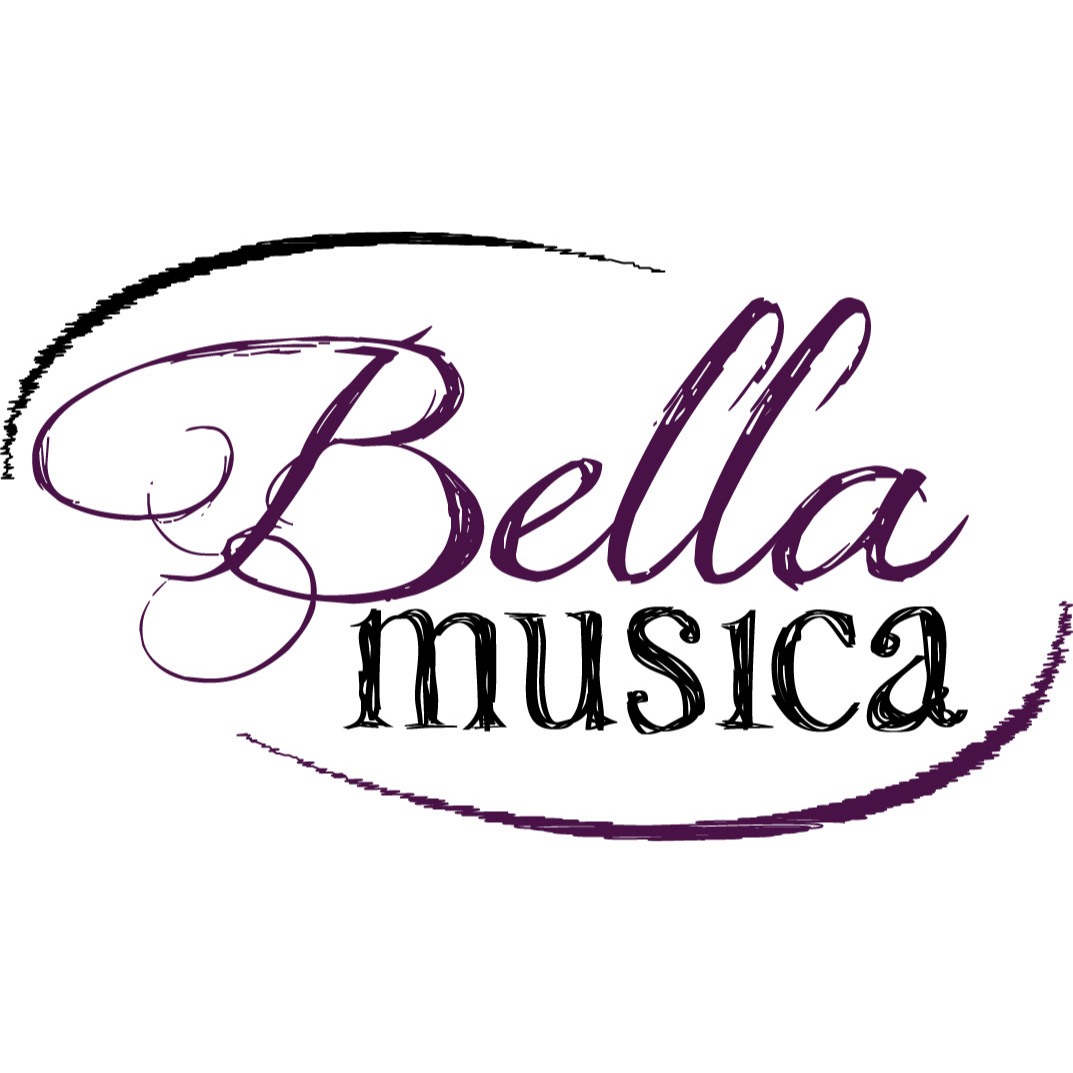Is it really necessary to warm up your voice? Is warming up the same as vocalizing? What are good vocalizations and warm ups to do? How do I practice these? How are these helpful?
Let’s dive in and answer some of these, shall we?!
Your vocal folds are a combination of muscle and cartilage. All of the other “stuff” that is somehow connected to the larynx (the suspended apparatus in your throat that houses your vocal folds) – yup, mostly muscles! So the same rationale that applies to stretching before running or exercising applies to “stretching” before singing. While it may not be crucial if you are pressed for time, it is definitely helpful and, in some cases, necessary to warm up your vocal cords before a performance or practice session.
The terms warming up and vocalizing can be used interchangeably. But, if you’d like to get technical, vocalizations are the specific exercises you do during your warm up.
What to include in a warm up session:
Your whole body is your instrument – not just the vocal folds! It is necessary to make sure you are ready for your practice or performance, physically and mentally. Check in with your muscles – are you carrying any tension anywhere? Try doing some stretching and/or meditation briefly to relieve some of this – paying particular attention to the neck, shoulders, lower back, and hips. Next, check in with your breathing. Practice some nice abdominal “belly” breathing. This helps you get grounded and centered and helps quiet your mind and direct your focus. Once you feel physically ready and focused, you can begin vocalizing.
What are some good vocalizations to do and how do they help?
In my opinion, any exercise that falls under the SOVT category is a great start. SOVT stands for semi-occluded vocal tract, which basically means your mouth is partially closed. This effectively reallocates some of the breath pressure that passes through the vocal cords to help them vibrate with less effort. These exercises are also great in the middle of a practice session if something feels hard or tense – vocalize that hard line through a straw or on a lip buzz. It can be like a reset button!
After some easy phonations and just noise making – move on to more specific exercises. Think about what you plan to practice or perform and let that help dictate your warm up. Will you be working singing your classical repertoire? Focus on vocalizations that are head-dominant. Also incorporate some staccato lines, as these can help really engage the breath and keep things flexible. Will you be singing some musical theater or pop? Be sure to incorporate some chest-dominant and combination exercises into your warm up. Also try incorporating some glides (or variations on a glide) to work on smoothing out the passagio if that’s something your songs require.
Regardless of your repertoire for your performance or practice session, start your vocalizations in a head-dominant place and work toward exercises that require “thicker” cords. The balance of the coordination for both head and chest dominant sounds is really important!
Vocalizations are the place to discover all of the really great sounds that your voice can make. It’s an opportunity to work on range expansion, flexibility, and agility. If there were terms or concepts presented here that you aren’t sure about, no worries. Ask in your voice lessons, and let’s discover it together!
Resources
If you need a bit more direction for what specifically are good vocalizations, there are several references and collections out there. Grab one and start singing some of them. I cater exercises to each students’ needs in lessons, but here are a few collections I’ve pulled from in the past. Check ’em out!
If you aren’t currently taking voice lessons, but think you’d like some help with vocalizations, warm ups, or any other part of your voice, let me know!
NOT TAKING LESSONS YET?
BECOME A MEMBER
If you are interested in voice or piano lessons and are ready to find out all the details. Hope on over to our Memberships page and choose the one that fits you! And if you aren’t sure what you need, let’s figure it out!




